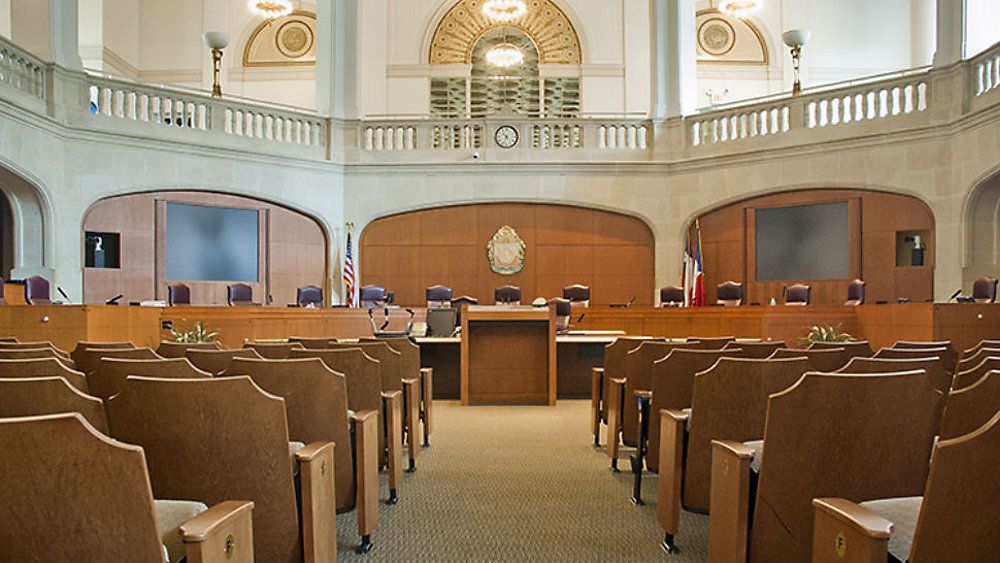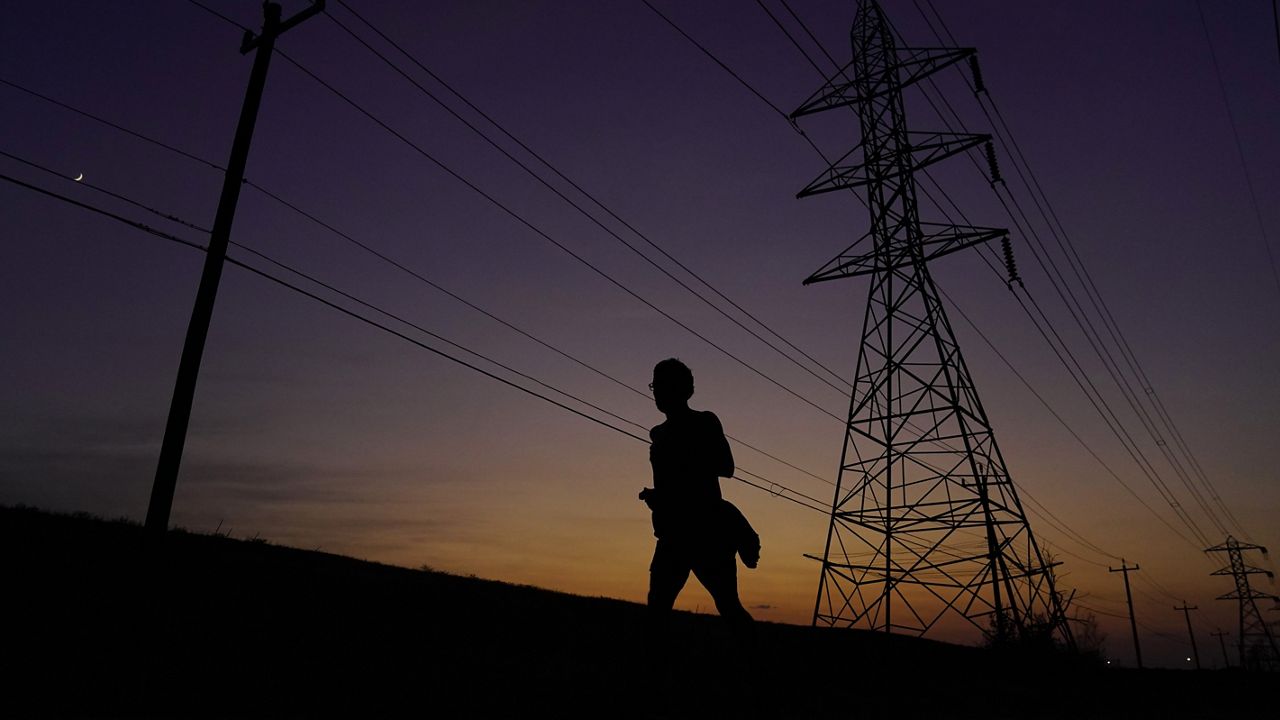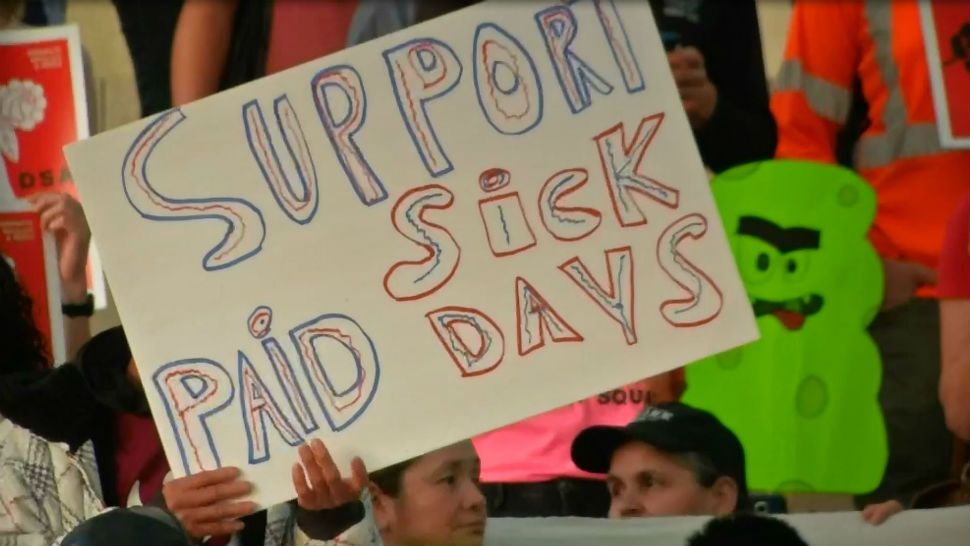SAN ANTONIO -- A needed step was taken on Wednesday to improve the quality of life of some of San Antonio’s most vulnerable residents.
- City Council's Comprehensive Plan Committee unanimously approves funding recommendation
- Pending approval, will be sent to full City Council for final approval
- Will work on a short deadline in order to install the air conditioners before the summer
The City Council's Comprehensive Plan Committee unanimously approved a funding recommendation to install air conditioning in over 2,500 public housing units on San Antonio Housing Authority properties that don’t have them.
“Some of these SAHA housing units were built in the 1930s,” District 5 City Councilwoman Shirley Gonzales, chair of the Comprehensive Plan Committee said. “Two-thousand-five-hundred families in our city, including children and the elderly, have lived through scorching summers without air conditioning for generations because their housing is old. That needs to change.”
The recommendation, which is pending the U.S. Department of Housing and Urban Development’s regulatory approval and will be sent to the full City Council for final approval, is to allocate $500,000 in CBDG funds that will be leveraged with private and nonprofit funding to purchase and install air conditioning units at 22 SAHA facilities.
The City’s CDBG funds will be matched by SAHA in the same amount of $500,000.
SAHA will work on a short deadline in order to install the air conditioners before the summer. If approved by Council, purchasing will begin in March and April with installation finished by the summer months.
According to San Antonio Housing Authority CEO David Nisivoccia, one-third of the residents of the public housing units that need air conditioning are elderly and disabled. Those units will be prioritized, followed by families with children.
Rep. Diego Bernal attended the committee meeting to thank the members for their approval and commented that all concerned were racing against the summer to get the project going.
“This will help the most vulnerable in our city,” Gonzales said. “Public housing should not reflect a community’s poverty.”








